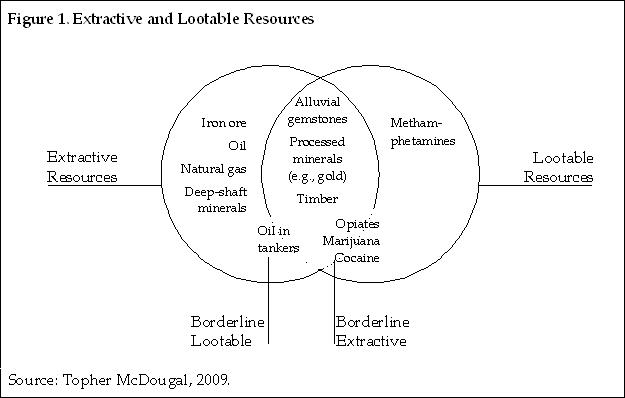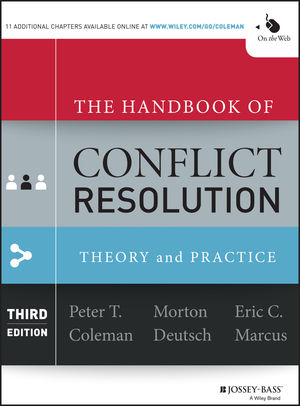Conflicts over Natural Resources: A Reference Handbook (Contemporary World Issues)
Free download. Book file PDF easily for everyone and every device. You can download and read online Conflicts over Natural Resources: A Reference Handbook (Contemporary World Issues) file PDF Book only if you are registered here. And also you can download or read online all Book PDF file that related with Conflicts over Natural Resources: A Reference Handbook (Contemporary World Issues) book. Happy reading Conflicts over Natural Resources: A Reference Handbook (Contemporary World Issues) Bookeveryone. Download file Free Book PDF Conflicts over Natural Resources: A Reference Handbook (Contemporary World Issues) at Complete PDF Library. This Book have some digital formats such us :paperbook, ebook, kindle, epub, fb2 and another formats. Here is The CompletePDF Book Library. It's free to register here to get Book file PDF Conflicts over Natural Resources: A Reference Handbook (Contemporary World Issues) Pocket Guide.
Contents:
Jacqueline Vaughn's Documents - giuliettasprint.konfer.eu
In this new book, political scientist Jacqueline Vaughn explores conflicts over natural resources--both renewable and nonrenewable--in the United States and from a worldwide perspective. Conflicts over Natural Resources focuses on four major controversies: minerals, oil, and natural gas drilling; protected areas policy; range land management; and timber and forests.

On the global level, the work also explores issues surrounding diamonds and precious metals, forest destruction, and water scarcity. Award Winner.
Conflicts over Natural Resources focuses on four major controversies: minerals, On the global level, the work also explores issues surrounding diamonds and. Conflicts over Natural Resources: A Reference Handbook (Contemporary World Issues) [Jacqueline Vaughn] on giuliettasprint.konfer.eu *FREE* shipping on qualifying.
Reviewed Content. Sale Title. Available for Course Adoption. Features Provides an overview of the six major periods in U. Series Description Contemporary World Issues This award-winning series offers comprehensive, one-volume reference handbooks on important topics related to health, education, the environment, and social and ethical issues.
Millions of Internet sites.
Download Conflicts Over Natural Resources: A Reference Handbook (Contemporary World Issues) 2007
Information overload. How can we sort through the information? Assess the analyses?
High inflation rates, partly caused by the large oil-exports, make access to food and services increasingly di cult. Malnutrition among children is a widespread health concern with health services in Timor-Leste characterized by weak infrastructure and low human resource capacity.
Conflict and hunger are strongly associated in Timor-Leste because they have recently emerged from conflict. Timor-Leste is prone to severe and recurrent drought, flooding and landslides. Tropical cyclones, earthquakes and tsunamis also represent risks. Landslides and ash oods are the most common natural hazards in Timor-Leste, disrupting the land transport system by destroying bridges and washing out roads.
- Physical Properties of Hydrocarbons [Vol 1].
- Download Conflicts Over Natural Resources: A Reference Handbook (Contemporary World Issues) 2007;
- MicroRNAs in Development: Methods and Protocols.
- A Place in History: Social and Monumental Time in a Cretan Town (Princeton Studies in Culture, Power, History).
Additionally, Timor-Leste is near the intersection of three continental plates, making it vulnerable to major earthquakes. In November , the UN mission in Timor-Leste reported the country had su ered disaster events over the previous ten years.
Jacqueline Vaughn's Documents
While Timor-Leste has a medium exposure to hazards, its lack of coping and adaptive strategies makes it the 7th most disaster prone country in the world. Timor-Leste is presently a low income country, but aims to be an upper-middle income country by Timor-Leste is in the development stages of its disaster management program.
The U. ReliefWeb has been the leading online source for reliable and timely humanitarian information on global crises and disasters since
